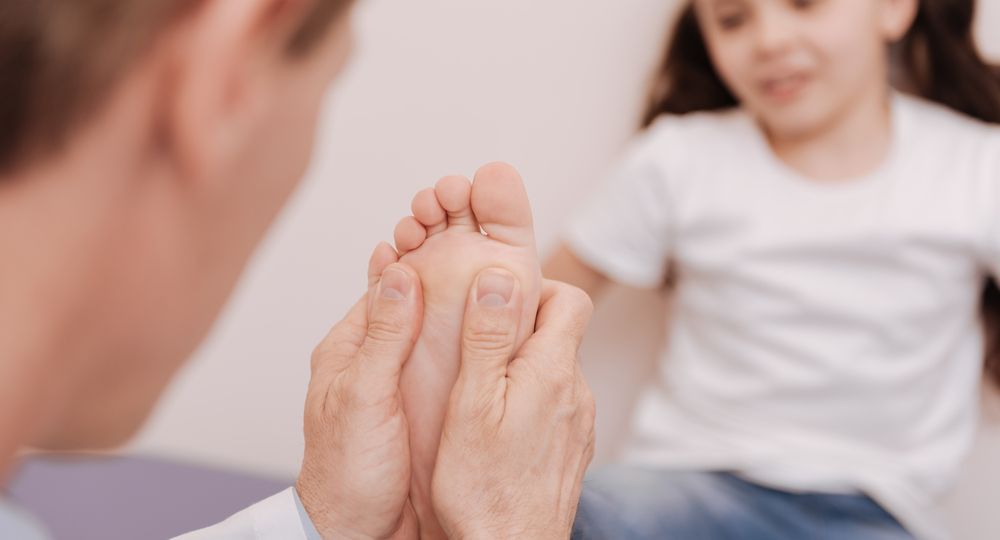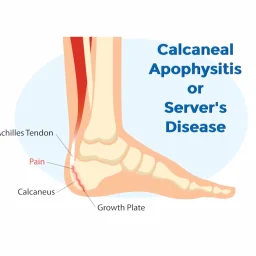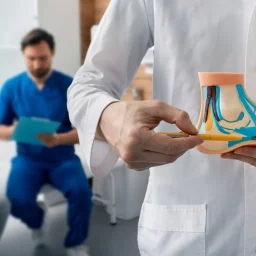
It’s been said that “the littlest feet, make the biggest footprints.” Perhaps that’s why pediatric podiatrists and orthopedists are so busy. As podiatrists, foot and ankle surgeons, and orthopaedists, we treat a vast array of pediatric foot problems and ankle ailments.
Children in Palm City, Stuart, Martin County, Jupiter and Palm Beach Gardens are hard on their feet year-round since many of the outdoor activities in South Florida involve bare feet. This not only puts children at a greater risk for certain injuries, but also makes it all the more important to address pediatric foot problems before they get the chance to develop into more serious issues.
Common Conditions and ailments
Two of the most common pediatric foot problems are plantar warts and ingrown toenail infections. While children in South Florida cannot avoid barefoot activities entirely, it does play a role in the increased number of plantar warts and infected ingrown nails that pediatric podiatrists see.
Barefoot activities at the beach, around the pool, and in the gym expose these pediatric feet to the bacteria and viruses that cause plantar warts, and can even cause chronic ingrown nails to become infected. In both cases, hundreds of at-home remedies exist, and while many are safe, they can delay proper treatment. Pediatric plantar warts are extremely resistant to treatment and are very contagious. Pediatric paronychia (or infected ingrown nails) may spread deeper into the bone, causing a much more serious infection.
Congenital pediatric foot issues, or problems that a child is born with, can often be corrected without surgery if addressed early enough. Pediatric flat feet are extremely common, and in many cases can be treated with stretching exercises and orthotic shoe inserts. Flat feet are typically amenable to correction with orthotics, and children can outgrow them. Occasionally, a child’s flat foot is caused by a deformity in which the bones in the foot fail to develop properly, resulting in a fusion of the joints. In these instances, and other more severe pediatric flat feet, surgical correction may be needed to correct the position of the foot.Foot surgery is never at the top of a child’s list. However, your pediatric foot and ankle surgeon is trained to utilize surgery only when needed, and at the appropriate age in order to prevent more debilitating issues later in life.
Children do not always speak up when they have a foot problem, so it is important to keep an eye on their behavior. Some key signs are if they do not want to walk or run long distances, are getting tired quickly, not wanting to wear shoes, or finding it more comfortable to sit with their legs underneath them. Walking or gait abnormalities may also be telling of an issue in the foot and ankle- such as toe walking, “in-toeing,”or an outward twist of the foot while walking.
There are many other extremely common foot ailments that pediatric podiatrists and physicians see on a routine basis. Besides pediatric bunions, inflammation of growth plates (apophysitis or epiphysitis), syndactyly (webbed toes), and clubfeet, children are at risk of more typical foot and ankle injuries like fractures, and tendon sprains, or tears.
At Certified Foot & Ankle Specialists, we have many well trained physicians, including podiatrists and foot & ankle surgeons trained in pediatric congenital deformities, dermatologic foot ailment, and traumatic injuries. We serve the pediatric communities of Palm City, Jupiter, Stuart, Martin county, as well as South Florida including Palm Beach, Broward county, and St. Petersburg.


